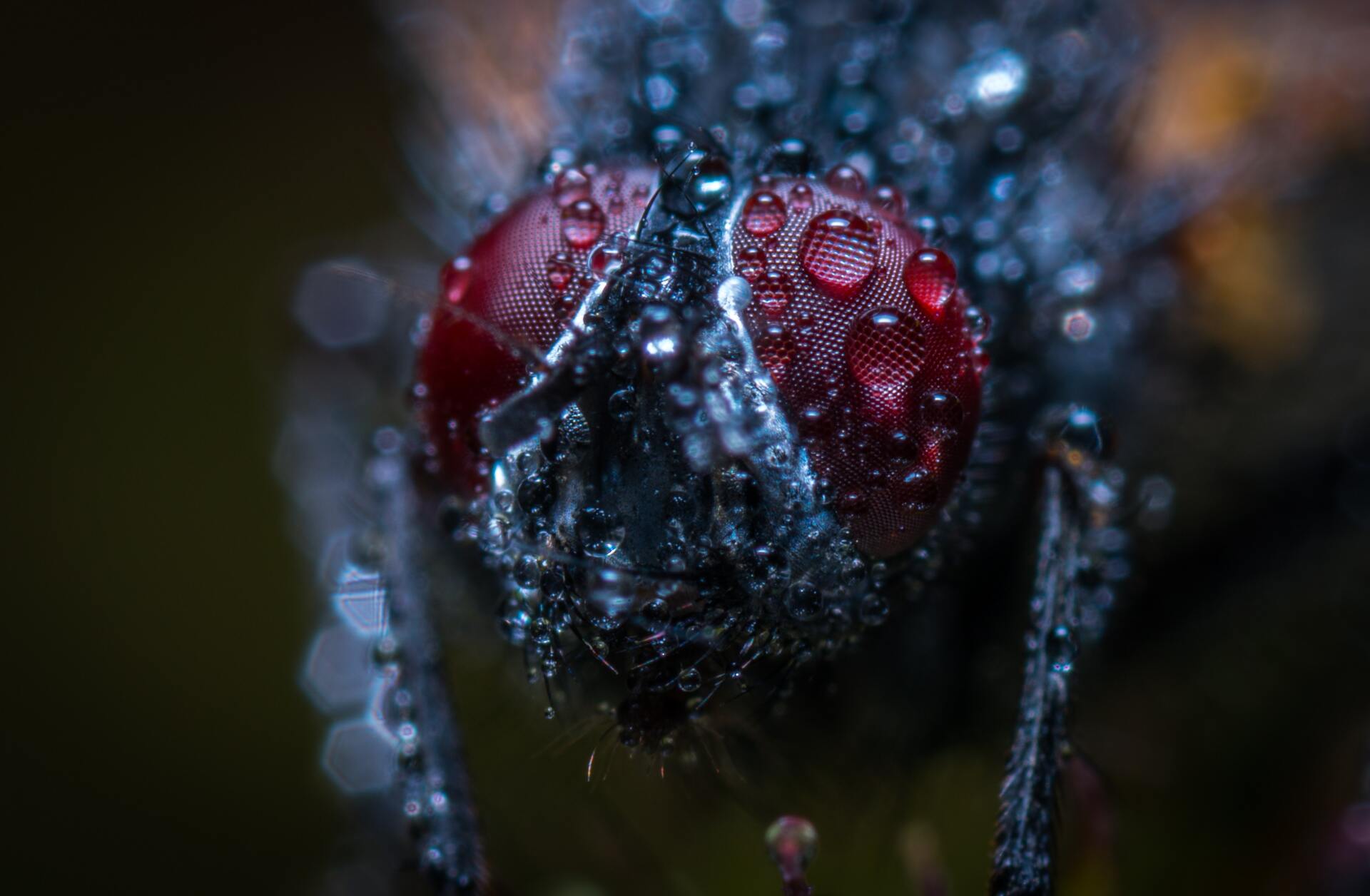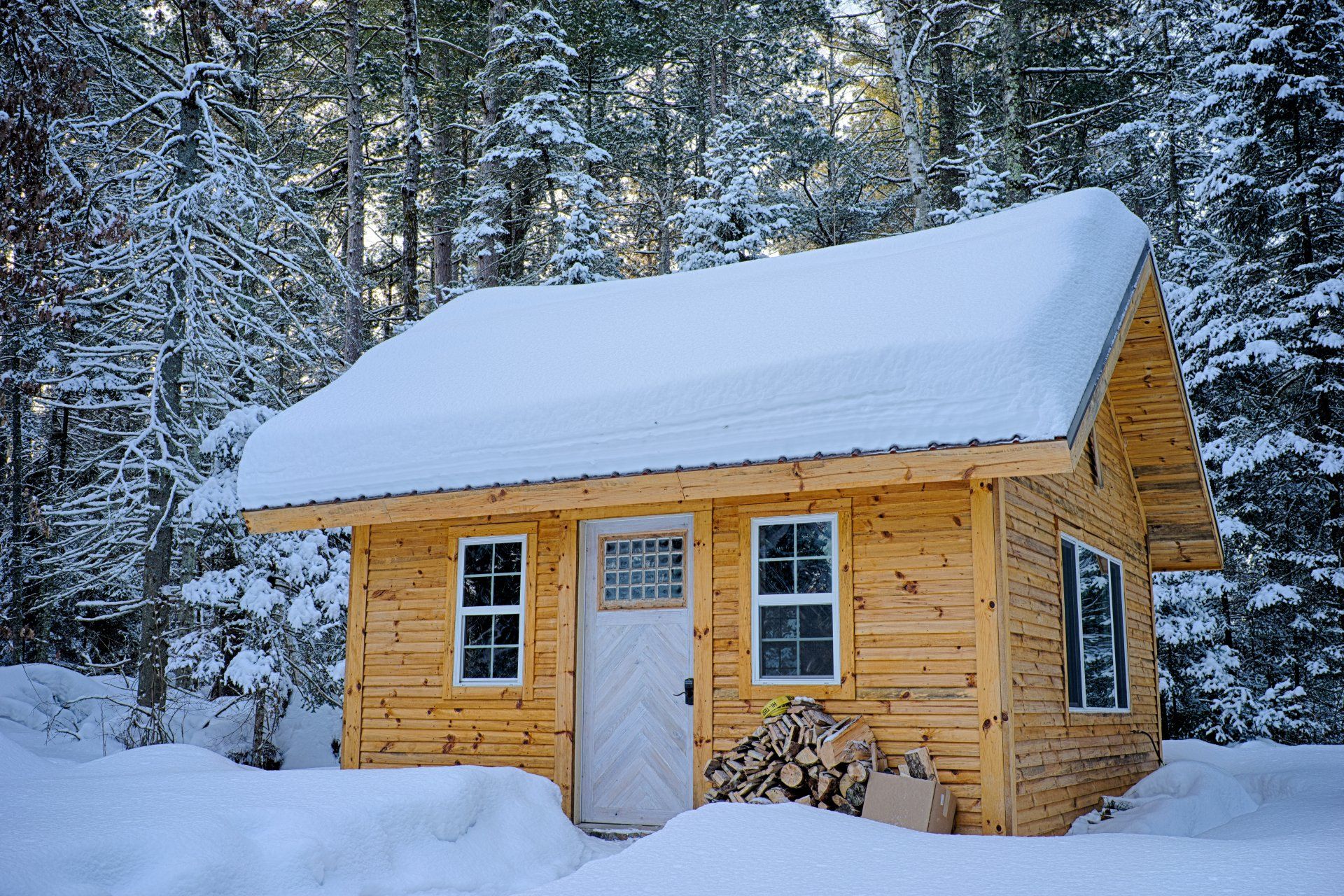Cluster Flies: Your Guide To Tried And True Prevention That Actually Works
Ways to Get Snow Removal Done Right This Winter

What Is A Cluster Fly?
Cluster flies (Pollenia rudis), sometimes called Attic flies, are often confused with a typical housefly. In truth, they are far different.
An adult cluster fly will seek out earthworm burrows in the soil and deposit its eggs. Once those eggs hatch, the larvae will find the earthworms and infest the worm, becoming an internal parasite. The cluster fly larvae feed inside the worm until they're ready to pupate. Having reached maturity, the larvae leave the earthworms and migrate to the surface of the soil. After they emerge from their pupae, they can lay eggs 3-4 times per year.
When Do Cluster Flies Become A Problem?
Cluster flies become a problem as winter approaches. Once temperatures begin to dip below 50 degrees, the flies will seek a place to overwinter. You'll likely see evidence of this in the form of congregations of flies on the outside of your home or business. Soon, they'll find a way in and will make themselves at home in your attic, wall voids, and living or working areas.
If they manage to find their way into your living or working area, they will seek the sunlight from your windows. This usually occurs on the south and west sides of the building, and normally on the upper levels.
What's The Big Deal?
Primarily, cluster flies are a nuisance pest when it comes to homes. Unlike the housefly, they don't spread any disease. So why get rid of them?
Cluster flies infest in large numbers. Even if you don't mind running into a horde of flies in your home, you might mind the excrement they'll leave behind. They'll stain your walls, furniture, floors, and any belongings you may own. And with that comes an odor. Homes that have had a cluster fly infestation for years will develop a very distinct, unpleasant odor. The bodies of the dead cluster flies will also attract other pests, such as dermestid beetles.
In a business setting, however, there can be more at stake than a larger-than-normal candle budget. Take for instance a restaurant. Cluster flies can contaminate food and prep areas. Preparation of food would need to be stopped completely, and your pest problem eliminated. Otherwise, the consequences could hurt your business. Think of the bad reviews, reputation, fines, or even a shut down from the health department.
So How Do I Fix This?
The best way to get rid of Cluster Flies is to seal your structure. If they can't get in, you don't have to worry about getting them out!
Seal around eaves, gable ends, ridge vents, windows, doors, and attic. Also, make sure to affix your gable vents with insect screens.
Use Properly Labeled Pesticides on the outside of your home. Doing this can be extremely effective, and should be done between late August and early September.
If you're here, you likely already have cluster flies. So now that you've done the preventative measures, how do you handle the ones you already have?
Vacuum any flies that have found their way into your common area. They're slow enough that this is typically an easy process. For flies in your attic, there's another solution.
Leave the Light On in your attic for two to three weeks in early November. Cluster flies are drawn to light, and will buzz around it continuously. Doing so will use up all of their stored fat, and they will die. You can then go into your attic and vacuum up the dead flies to prevent Dermestid Beetles.
Call The Eliminator
At The Eliminator, we specialize in all aspects of this pest. From exclusion to exterior treatments, we will get the job done. In addition to attic air sealing, we offer specific pest control insulation, which is treated with an organic boric acid to protect your home from pests for decades.
In addition to being pest-free, there are other bonuses to our air sealing and insulation services. Not only will your fuel costs go down, but you may even qualify for rebates through Efficiency Vermont!
Don't wait, call The Eliminator today.
CONTACT
(800)-499-5130
293 Hill Street,
Lyndonville, VT 05851
MAILING ADDRESS
PO Box 1212, Lyndonville VT 05851
BUSINESS HOURS
- Mon - Fri
- -
- Sat - Sun
- Closed


